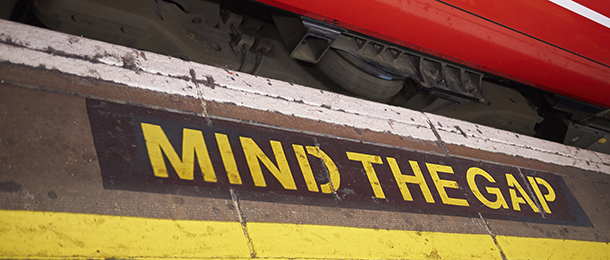New Fidelity International research has revealed one-third of Australian pre-retirees and retirees aged 50 and over are financially unprepared for retirement and could face a retirement savings shortfall of at least a decade.
“The Longevity Revolution: Preparing for a New Reality” report was conducted in partnership with the National Innovation Centre for Ageing and was drawn from global research across 13 markets and in-depth surveys of more than 11,800 participants aged 50 and over.
The 10-year savings gap was calculated by comparing how long people expected their retirement savings to last against the average life expectancy in their location.
“There is still a significant number [of Australians] that are experiencing a mismatch between life expectancy and savings. This is especially true for pre-retirees, who are concerned about whether their savings will allow them to retire at their desired age,” Fidelity International Australia managing director Simon Glazier noted.
“With the right planning, longer lives can be a positive reality, but it requires a new mindset and earlier action to ensure financial security.”
The study showed, when compared against a life expectancy of 100 years, 67 per cent of Australians were underprepared for their retirement.
It also indicated while 65 per cent of Australians have executed some sort of retirement plan, only 15 per cent have sought professional financial advice.
Further, it was established Australians are less likely to have retirement plans when compared to other Asia-Pacific nations such as Taiwan (85 per cent), Singapore (81 per cent) and Hong Kong (79 per cent).
With regard to the investment choices of Australian retirees and pre-retirees, the report indicated these cohorts prefer cash, with the asset class accounting for 71 per cent of portfolio allocations, followed by stocks (31 per cent) and property (20 per cent). Also, pre-retirees are more likely to allocate to digital investments (11 per cent) than retirees (1 per cent).
“As life expectancy continues to rise, it’s increasingly important for people to shift their approach and move away from holding large amounts of cash and instead investing more actively. However, given the high liquidity of cash, and the small percentage of people seeking professional advice, these active investment options may be misunderstood,” Glazier said.
“The length of time savings are invested, especially within a diversified portfolio, becomes crucial for retirement security. By reinvesting dividends and embracing the investment opportunities in growth assets, individuals can take greater advantage of compounding returns and better prepare financially for a longer life.”



